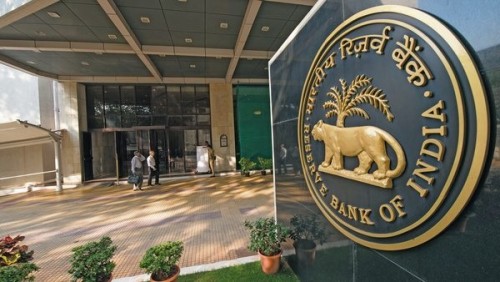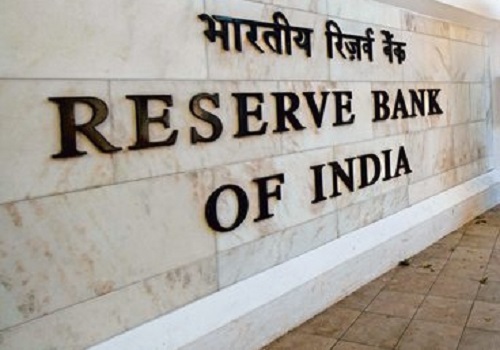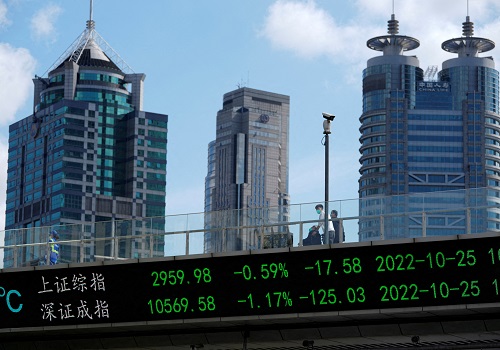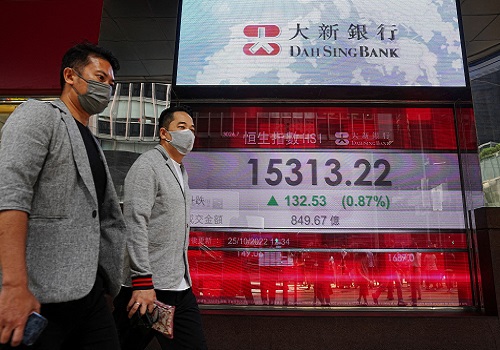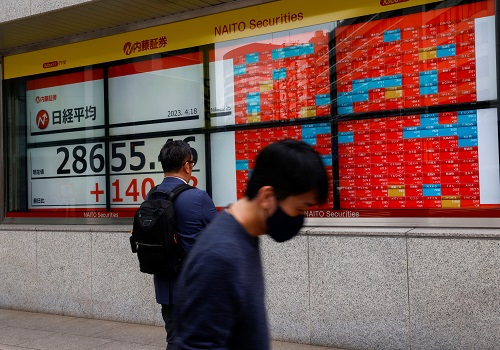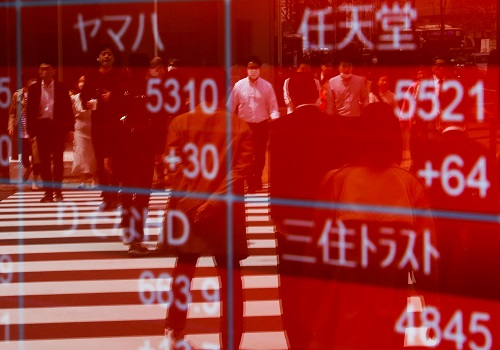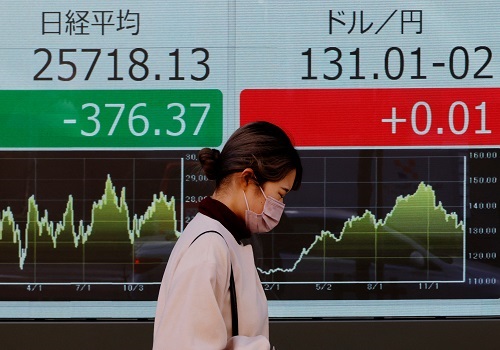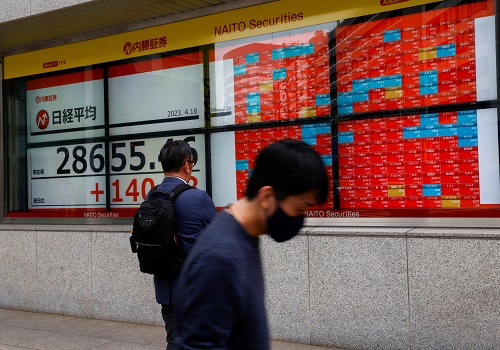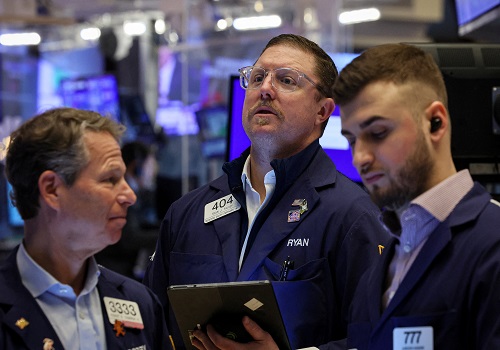Asian shares ride high in Q1 but steel for U.S. inflation data
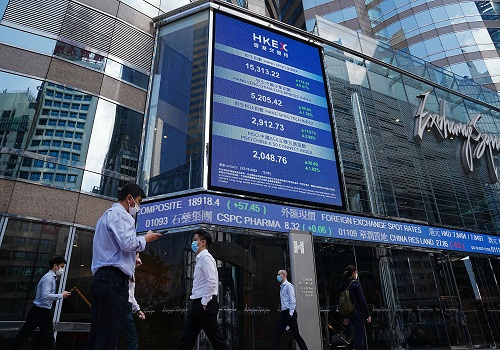
Follow us Now on Telegram ! Get daily 10 - 12 important updates on Business, Finance and Investment. Join our Telegram Channel
Asian shares were headed for a second quarterly gain on Friday while bonds were enjoying the best month since 2008, but the market was braced for a stormy session after an upside surprise in German CPI raised the stakes for U.S. inflation data.
Also making headlines on Friday, Donald Trump was indicted after a probe into hush money paid to porn star Stormy Daniels, becoming the first former U.S. president to face criminal charges even as he makes another run for the White House.
MSCI's broadest index of Asia-Pacific shares outside Japan jumped 1% on Friday, heading for its first March gain in four years with a rise of 2.9%, as fears of a global banking crisis receded.
It is up 4% for the quarter, after surging 12% in the three months ending December.
Japan's Nikkei also gained 1%?as inflation data for the capital city Tokyo highlighted broadening price pressures.
China's bluechips rose 0.3% and Hong Kong's Hang Seng Index leaped 1.5%, after China's PMI data showed the recovery in the services sector is gathering pace and manufacturing activity expanded at faster than expected.
Investors cheered a major revamp plan by Alibaba Group, taking it as a signal that Beijing's regulatory crackdown on technology corporates is ending. Alibaba's shares jumped 4.4% on Friday, bringing its monthly gain to 17%.
Overnight, Wall Street was boosted by gains in technology-related shares, although regional bank shares fell after Treasury Secretary Janet Yellen said banking regulation and supervisory rules need to be re-examined.
The Dow Jones rose 0.4%, the S&P 500 gained 0.6% and the Nasdaq Composite added 0.7%.
Markets are shifting their focus back to the inflation vigil and the outlook for interest rate hikes on hopes that the recent bank turmoil has been largely contained.
A slower than expected decline in German inflation has raised the stakes for U.S. personal consumption expenditures (PCE) inflation, tracked by the Federal Reserve for monetary policy, later in the day.
Economists are expecting the PCE index to ease to 0.4% in February from January when it rose 0.6%.
However, there is still an expectation that banks will tighten lending following the troubles at three regional U.S. banks and the Credit Suisse takeover, so central banks do not have to hike more.
"The strongest headwind for the global economy has shifted from an energy crisis and the related squeeze on real incomes to a potential banking crisis and associated drag on credit," said analysts at Capital Economics.
"With central banks still mindful of inflation risks, interest rates will stay at their peaks for several months. But when they come, cuts will be more aggressive than is typically assumed."
Fed funds futures are still split on whether the Federal Reserve will hike or not at the next policy meeting in May, while pricing in a rate cut by Novemeber. That compared with an overwhelming bet on a 25 basis point hike a month ago before the banking volatility started.
Overnight, three Fed officials kept the door open to more rate rises, although two of them noted that banking sector problems could generate enough headwinds on the economy to help cool price pressures faster than expected.
U.S. Treasuries had a blockbuster month, with the two-year yields down a whopping 68 basis points to 4.1113%, the biggest monthly decline since early 2008. Ten-year yields were 36 bps lower this month to 3.5563%.
The U.S. dollar fell 2.6% against its peers so far in March, with the euro surging 3% to $1.0903 and the yen gaining 2.2% to 133.3 per dollar amid the safe-haven flows into the Japanese currency.
Oil prices were a touch higher on Friday, but were still down more than 3% for the month. U.S. crude futures edged up to $74.42 per barrel, while Brent crude futures rose 0.2% to $79.42 per barrel.
Gold was slightly lower but is up 8.3% for the month. Spot gold was traded at $1,978.49 per ounce, highest since April last year. [GOL/]
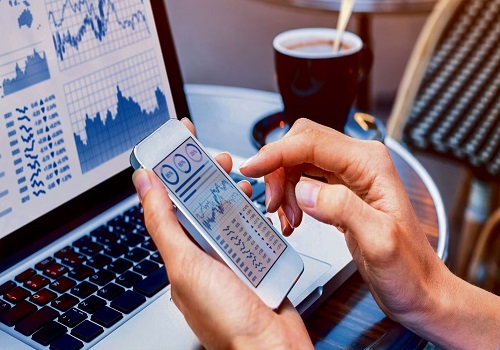











 320-x-100_uti_gold.jpg" alt="Advertisement">
320-x-100_uti_gold.jpg" alt="Advertisement">


